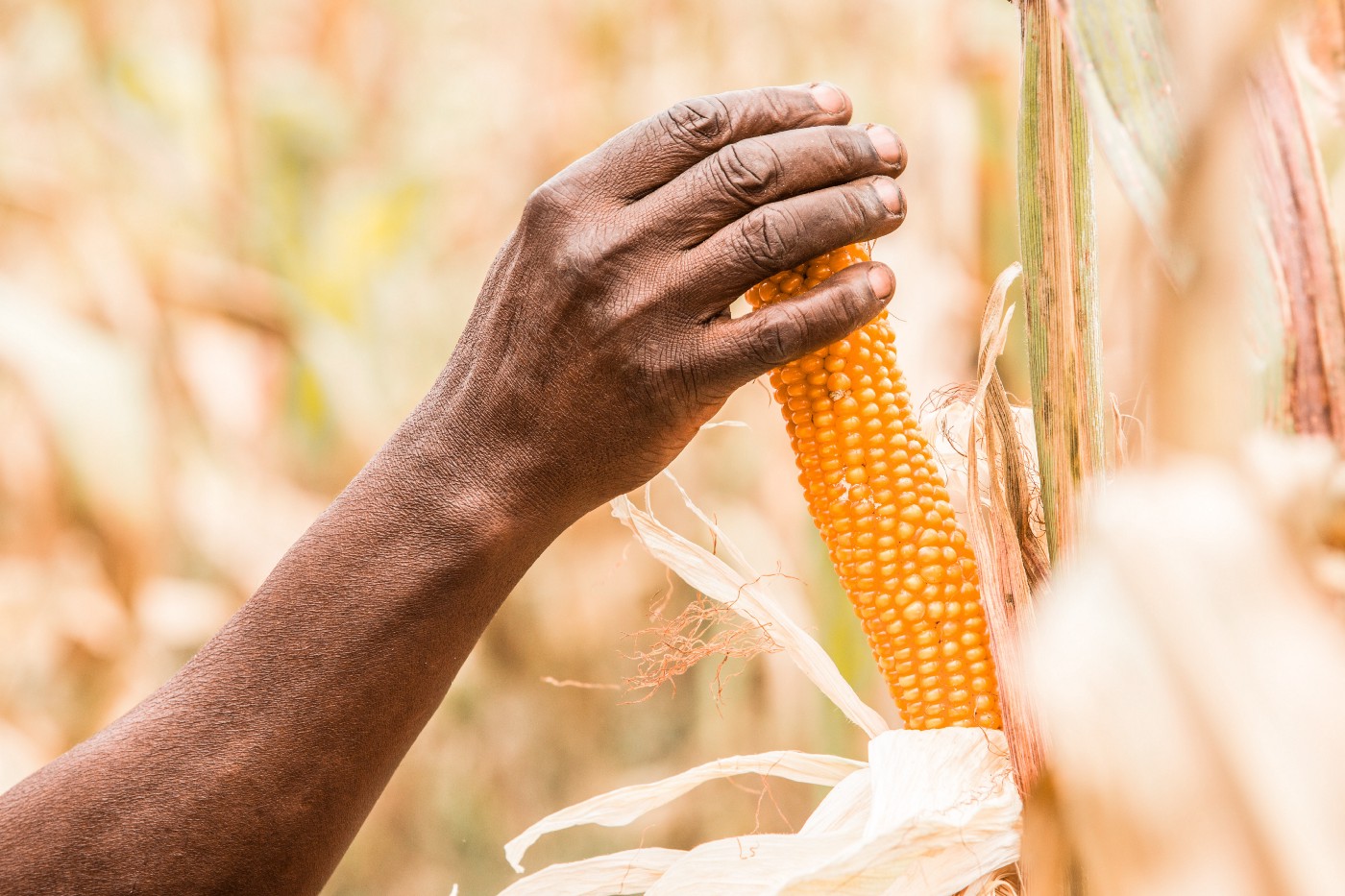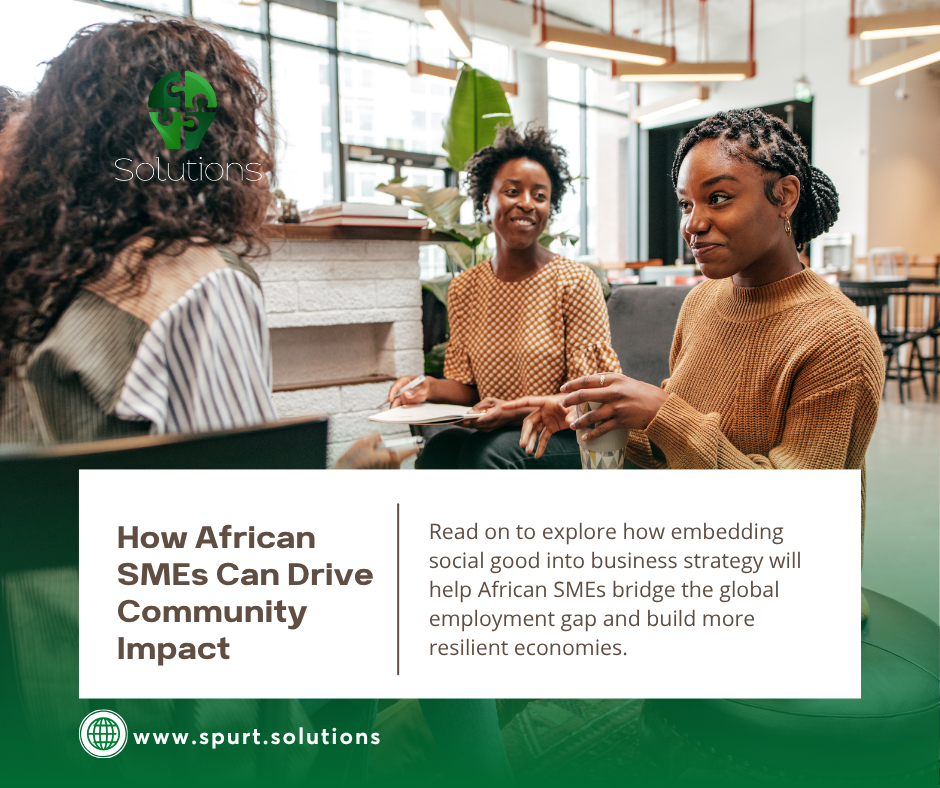Centering MSMEs in Kenya’s Fragmented Grain Milling Sector.
At Spurt! We are always looking to amplify solutions to critical and specific challenges in Sub-saharan Africa. This week, we reviewed Unga Group Plc Half-year Earnings drop of 44.8% to KSh 83.5 Million by Jackson Okoth from The Kenyan Wall street.
Unga group — the Kenya based holding company with a significant shareholding in the human and animal nutrition industry has reported a decline in half-year earnings for 31st Dec 2020. An unfavourable business climate and weak demand arising from the effects of the COVID-19 pandemic have contributed to the net earnings decline.
The weakening shilling has also led to a surge in import costs leading to significant forex losses. The volatility in demand, supply and prices of wheat and corn in the local and global markets are likely to pose challenges to Unga Group’s journey to recovery through 2021. The company is banking on innovation in new product development to drive some growth and capitalise on its dominance within the East African market. As Unga Group woes continue, there’s an ongoing question around the opportunities abound for MSMEs in the grain milling sector in Kenya and how they can harness these opportunities.
The fragmented grain milling sector in Kenya makes it difficult for most small scale millers to fully realise their full potential. To unlock the possibilities in this sector, MSME millers need to join forces and leverage collective bargaining power to ensure they can be ahead of the game.
A top priority would be formalising their businesses and implementing rigorous quality control measures. The Kenya Bureau of Standards recently flagged 17 cornmeal flours that failed the aflatoxin tests. Most of these brands were in the MSME category. The Kenyan cornmeal market has a looming aflatoxin crisis; therefore, MSME millers must tighten the loose ends on chemical quality control tests.
Additionally, MSME millers can utilise organisations like the Cereal Millers Association (CMA). CMA offers support to millers in advocacy and lobbying, policy framework development, research and development in the grain innovation arena, training and capacity development programmes, safety and quality assurance, and debunking government regulations.
Advertising capabilities have primarily powered the rise of brands like Soko Flour. While MSMEs might not have big advertising budgets, investment in social media marketing can help these brands build an online presence.
A study looking at the effect of digital marketing on MSMEs in Kenya found that digital marketing yields superior performance for MSMEs, accounting for 39% of the variation in the performance of MSMEs.
Robust adoption of these digitisation efforts acts as a low hanging fruit that can be quickly leveraged. Platforms like Made In! also create an opportunity for MSME millers to connect directly with consumers and learn more about what is working vs what is not.
Indeed, as Unga Group focuses on driving growth through new product innovation, MSME millers need to rally towards each other to form partnerships that enable them to pull resources and access information that can help them thrive, especially in the era of AfCFTA.
Cheaper imports from other East African countries have played a role in hurting the performance of Unga Group. The popularity of cheaper imports signal that price sensitivity and bright unit economics amongst MSME millers can help them unlock further growth capabilities.





